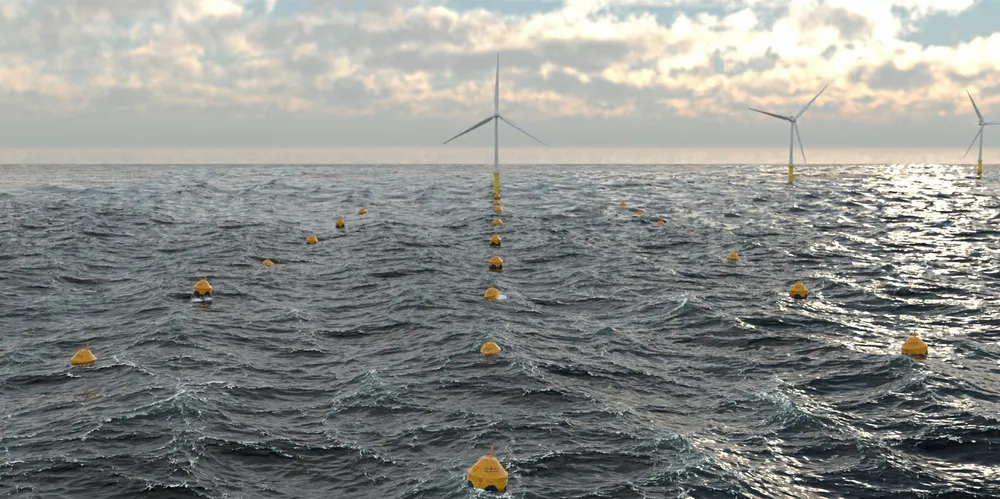Cost-slashing 'world-first' offshore wind, wave and solar hybrids set for EU debut
EU SCORES project to combine offshore marine energy technologies in two pilots off Portugal and Belgium co-funded by the EU

EU SCORES project to combine offshore marine energy technologies in two pilots off Portugal and Belgium co-funded by the EU
